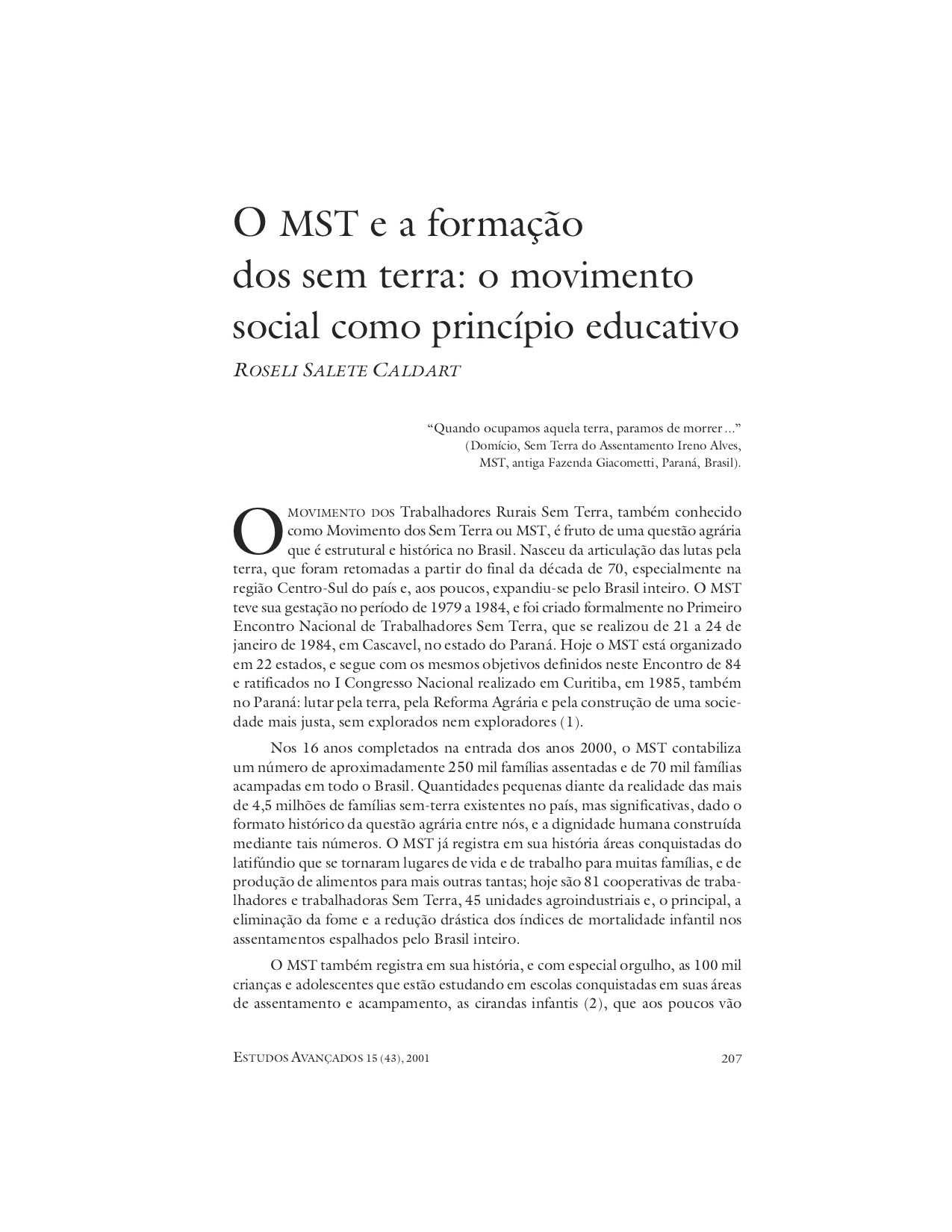This land is your land. Rights and rural livelihoods in Southern Africa
Tenure reform aims to secure people's land rights. In Southern Africa most so-called 'communal' land, reserved for Africans, is still held by the state. In these areas, land rights are increasingly insecure. Yet, the confirmation of the rights of those who have long occupied and used the land lags behind programmes that aim to transfer white-held land to Africans. Many colonial and apartheid land laws are still in force, particularly those relating to chiefs, who resist any reduction to their power.







